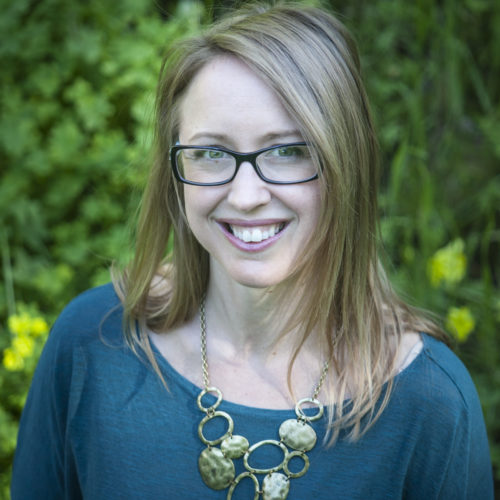It is estimated that every year, 200,000 tons of plastic are dumped in Lebanon. That fact caught the eye of sustainable architect Marwan Sfeir of MS Architects, who had the idea to build something easy and artistic that would also help the environment.
His concept, which he called, Easy Wall is about assembling colorful, plastic cubes made out of recycled bottles.
“These cubes can be used in interior design,” says Sfeir. “They can be low partition walls, or we can create furniture like chairs and tables. We put LED lights into the cubes to create indirect lighting, which has an artistic effect.”
The cubes work like Legos, designed to fit together in a variety of configurations and rearranged at any time in whatever shape the owner desires.
Sfeir grew up in the small town of Antoura, Lebanon, about 20 kilometers from Beruit. He went to the Lebanese University, got a master’s in architecture, and is now working on a master’s in landscape design.
“The environment is really important to me,” he says. “I live in a small house with many gardens, and I feel very attached to nature.”
How the plastic walls are created:
It takes 40-60 plastic bottles for each wall to be complete, depending on the size. The plastic bottles are collected by NGOs in Lebanon, which then shred the bottles and sell them to Easy Wall.
“We create cubes of three different sizes, like a Lego,” explains Sfeir. “Each cube is artistic, colorful, fire-safe and has a positive environmental impact.”
Architects and engineers make sure the cubes have the right strength and stability.

